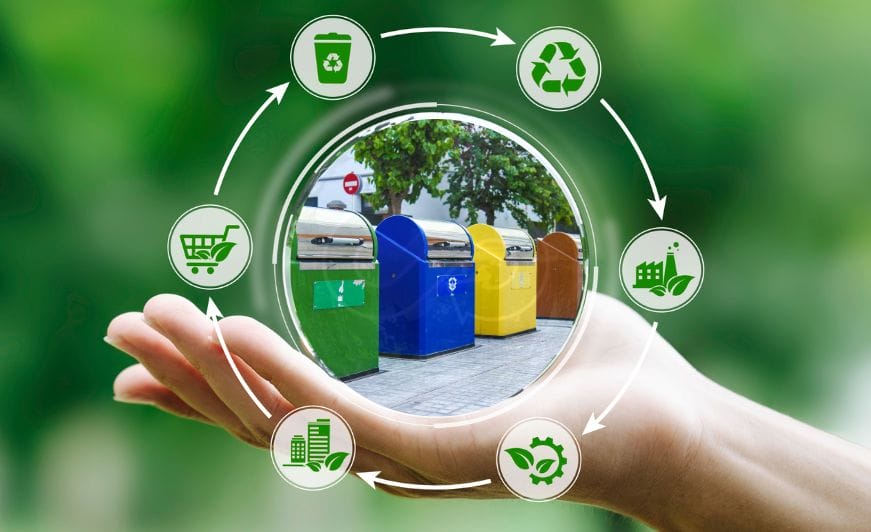Login Account
To view the article please login or create an account
- Clothing & Footwear
- Ethical Consumption Trends
- Food & Drink
- Personal & Household Care
Barcelona’s Circular Path: Pioneering Sustainability in Urban Life – Nov. 2024

Barcelona, widely known for its cultural vibrancy and architectural beauty, is also a leader in sustainable innovation. With a comprehensive plan in place, the city integrates circular economy principles across its social and economic landscape. This approach benefits local communities and serves as a model for other cities seeking sustainable pathways.
The zero waste vision of Barcelona
The circular economy is essential to sustainable development. It aims to extend product lifespans, reduce waste, and promote the reuse of materials. Through its Zero Waste Plan 2021-2027, Barcelona reinforces this commitment. The plan is bolstered by initiatives from innovation hubs like Barcelona Activa and platforms like Rezero, creating a robust framework for sustainable practices. The plan focuses on reducing waste, improving selective collection, and engaging citizens in sustainable behaviours.
A unique aspect of Barcelona’s strategy is its extensive network of over 130 “Green Points.” These neighbourhood recycling centres collect items that traditional systems cannot process, such as old furniture, electronics, and hazardous waste. By utilising a Green Point user card, residents enjoy up to a 14% discount on municipal waste collection and treatment fees. This system illustrates the city’s dedication to empowering residents as active participants in waste reduction.
Barcelona’s circular economy success stories
Barcelona’s commitment to a circular economy is already evident in several high-impact projects. A recent example is the demolition of the Spotify Camp Nou stadium. Instead of discarding the concrete and steel, the city repurposed these materials for the construction of the new stadium. This approach significantly reduces the environmental impact associated with sourcing new construction materials.
Additionally, Barcelona has developed a sophisticated model for water circularity. This system optimizes water consumption and promotes maximum reuse, which is especially crucial given the city’s ongoing challenges with drought and limited water resources. Through these water-saving measures, Barcelona sets a high standard in resource management.
Private sector contributions to circularity
The success of Barcelona’s circular economy also relies on the contributions of private enterprises. Numerous companies lead the way by creatively repurposing materials and adopting eco-friendly practices. For instance, BacktoEco produces clothing from recycled textiles, demonstrating that fashion can be both stylish and sustainable. Demano designs unique, handmade bags and accessories from upcycled materials, contributing to a more circular approach in the fashion industry.
In urban greening efforts, companies like Eixverd build green roofs for vegetable cultivation, transforming underutilized spaces into productive, green areas. Meanwhile, Holaluz champions the use of renewable energy sources, making sustainable power accessible to a broader audience. Another innovative contribution comes from Candam, a tech-based company that simplifies return-and-earn schemes, making it easy for consumers to participate in recycling programs.
In conclusion, Barcelona’s journey toward a fully circular economy brings both challenges and exciting opportunities. Integrating circular practices into additional sectors, such as tourism, remains a priority. Scaling up successful pilot projects to city-wide initiatives is also crucial for lasting impact. These steps will be essential as Barcelona solidifies its position as a pioneering city in sustainable urban living.
Other Posts


Interested in writing for the community?
Your contributions will nourish our collective intelligence and ignite constructive debates.
Write with us!
